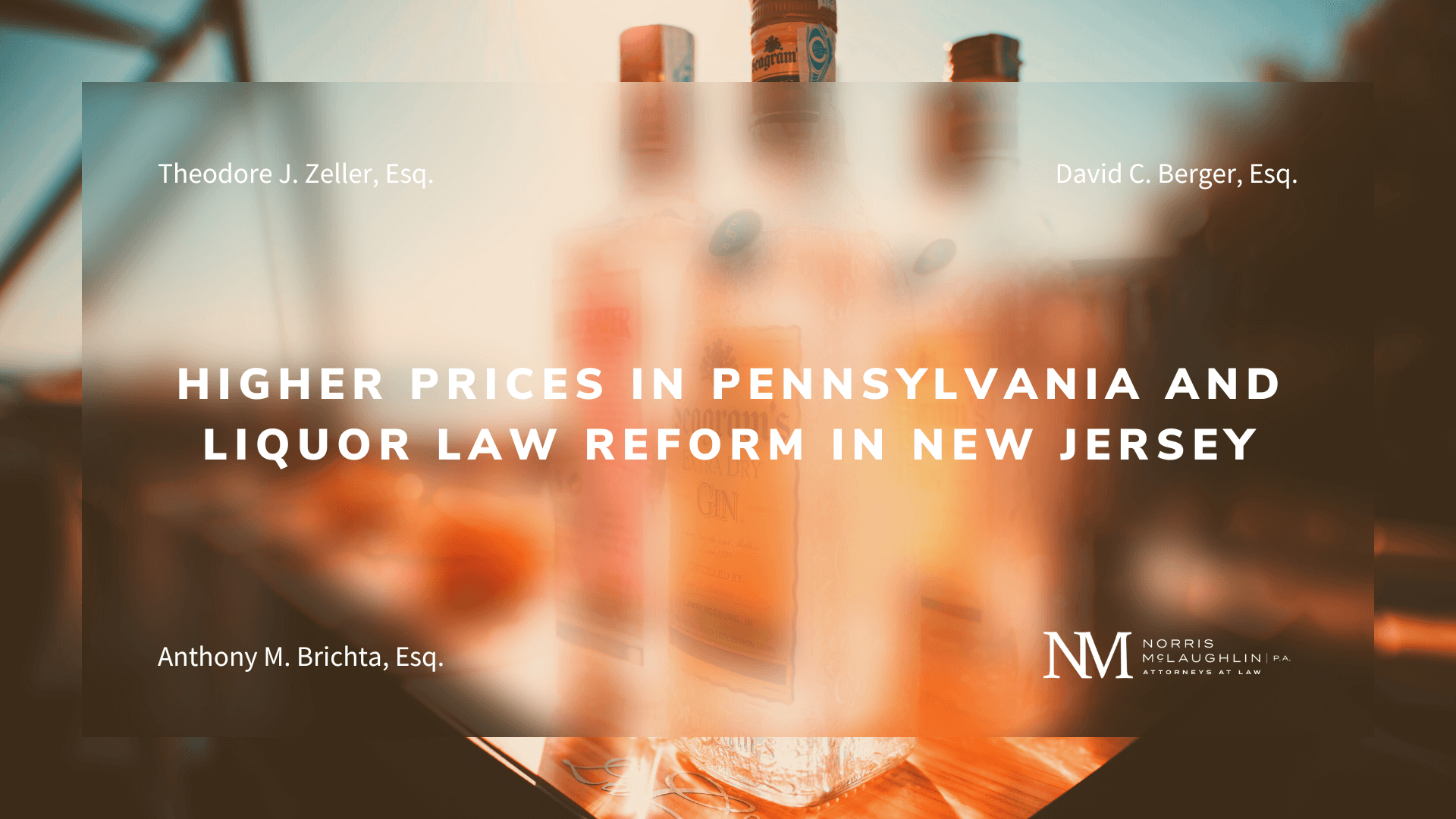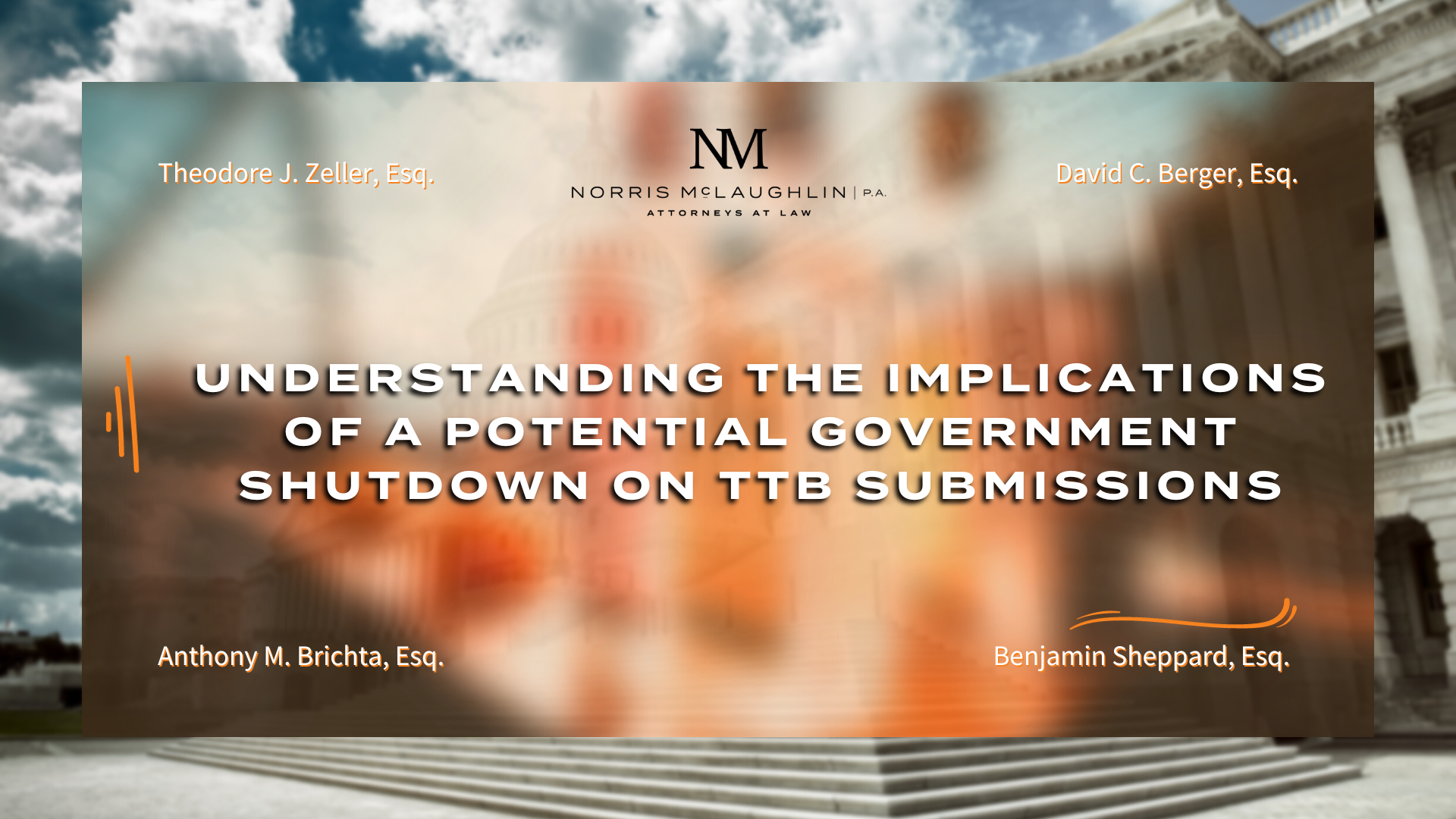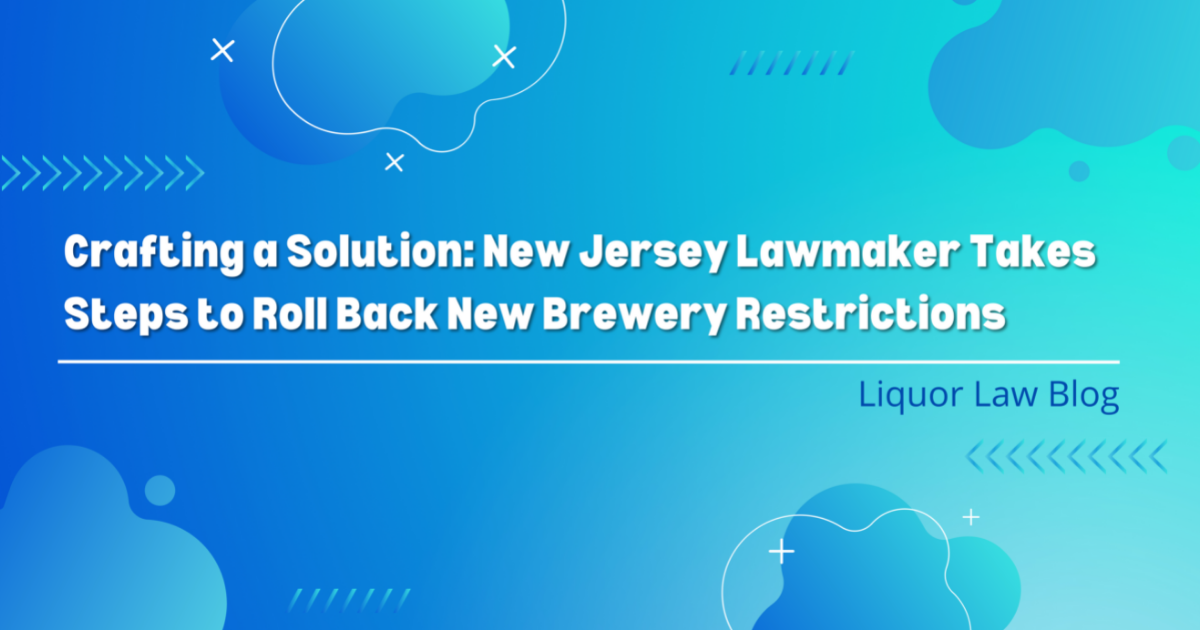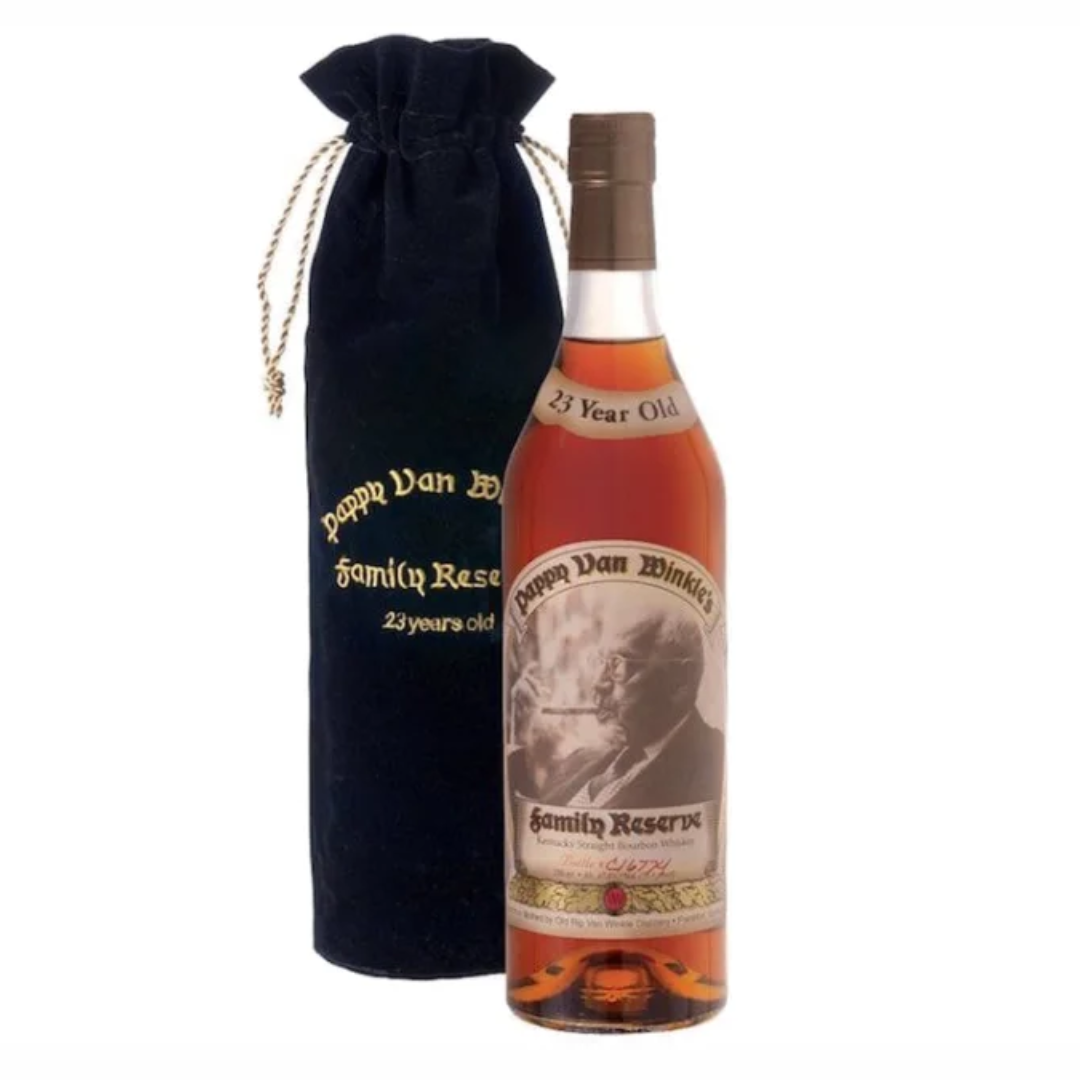Higher Prices in Pennsylvania and Liquor Law Reform in New Jersey

In the last week, liquor law developments in Pennsylvania and New Jersey have moved in contrasting directions.
The Pennsylvania Liquor Control Board (“PLCB”) announced it will increase prices on approximately 3,554 of its products by 4% effective Jan. 15, 2023. The PLCB stated economic conditions forced this decision, which was made off the record and without a vote. Not subject to the price hike is merchandise including 5,600 seasonal and luxury items, 2,700 clearance items, 100 PA Proud products, and all special-order products. Items currently on sale in January will not increase in price until Jan. 30.
The price increase impacts Pennsylvania distilleries, too. Under Pennsylvania law, distilleries may not sell products for less than the amount PLCB charges at their state stores. As a result, effective Jan. 15, Pennsylvania distilleries must increase the price of their products sold at state stores.
As prices rose in Pennsylvania, New Jersey Gov. Phil Murphy promised reforms to New Jersey’s “antiquated and confusing” liquor regulations. New Jersey’s current liquor licensing system relies on rules written right after Prohibition, and those old rules “purposely created market scarcity,” said Murphy, and drove up the cost of a liquor license so high it priced out many small independent restaurateurs.
Murphy’s reforms include:
(1) Gradually Relax Population Caps—Until Eliminated
- Currently, New Jersey’s local governments may issue only one license per 3,000 residents. This restriction allows license costs to exceed $1,000,000 in some areas.
- Murphy proposed that this population quota be gradually relaxed until eventually it is eliminated in its entirety.
- Regarding existing restaurateurs harmed by this change, Murphy proposed a tax credit to support the expected devaluation of their licenses.
(2) Remove “Outdated” Regulations for Breweries, Wineries, and Distilleries
Murphy did not specify what “outdated” regulations he wanted removed. But it is important to note that in July 2022, the New Jersey Division of Alcoholic Beverage Control reinstituted their May 2019 Special Ruling that placed restrictions on these licensees, curtailing the number of events breweries could hold, and mandated yearly brewery tours for patrons. Perhaps New Jersey will finally permit taprooms to serve food and recognize a key element of responsible alcohol service: namely, that food slows the absorption of alcohol.
New Jersey could reap economic rewards if Murphy’s reforms succeed. The New Jersey government estimates these reforms will create 10,000 new jobs annually and, over the next 10 years, generate $10 billion in new economic activity along with $1 billion in additional state and local revenues. There is certainly room for growth, as New Jersey always ranks near the bottom of states in breweries, wineries, and distilleries per capita.
Nonetheless, while Gov. Murphy’s comments suggest a move in the right direction for these stakeholders, it will still require an act of the New Jersey legislature for these changes to take effect.
For information about national and state liquor law matters or general manufacturing and distribution advice, please contact our Liquor Law, Licensing, Manufacturing, and Distribution Practice Group: Liquor Law Department Chair Theodore J. Zeller III, Esquire (tzeller@norris-law.com); David C. Berger, Esquire (dberger@norris-law.com) for Pennsylvania and New Jersey retail and manufacturing licensing; and Anthony M. Brichta, Esquire (ambrichta@norris-law.com) for federal manufacturing, distribution, formula, and labeling issues; or contact our offices at 610-391-1800.



